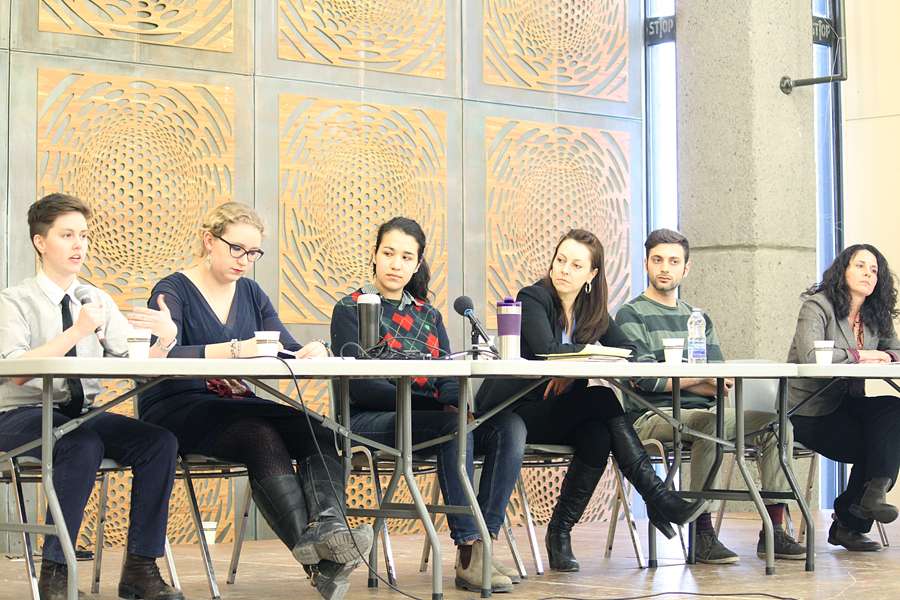In an attempt to reduce the effects of rape culture on campus, York University has recently begun handing out rape whistles to female students at orientation. This approach to stopping sexual violence, reminiscent of a sardonic scene out of Pitch Perfect, highlights the pervasiveness of rape culture on university campuses, and the shocking inaction of university administrators in combating sexual assault, a problem all too common at universities.
According to statistics cited in an article in the Globe and Mail, over 20 per cent of women in universities experience sexual violence at some point during their university careers. Countless examples illustrating this reality have been witnessed throughout Canadian universities in recent years, including McGill. Allegations of sexual assault in 2011 made against McGill varsity football players that resurfaced this past, and the hazing incident in 2005 by members of another McGill team are two prominent examples of sexual violence occurring at our own university. Beyond McGill, there have been further incidents, such as offensive and threatening frosh chants at UBC and Saint Mary’s in Halifax last Fall, as well as a string of six sexual assaults on the UBC campus. These are but a few of the highly publicized examples of occurrences that happen with incredible frequency in Canada’s universities, many of which remain unreported. In light of the highly unsafe nature of campuses, administrators should be expected to take the lead in fighting against sexual assault. However, many universities including McGill lack a formalized policy on how to handle these cases.
At a forum on consent held at McGill in January, the Sexual Assault Center of the McGill Students’ Society (SACOMSS), the student-run and student-funded sexual assault center at McGill, put forth a policy proposal petitioning the administration to focus its attention on creating an institutional policy procedure for sexual assault cases, which the university currently lacks. While many similar procedural outlines are scattered throughout other student codes of conduct, the students leading the proposal insist that until the policies are complete, coherent, and institutionalized into an independent sexual assault policy, the administration’s current strategies for handling cases of sexual assault are only empty promises. While some groups have drafted a policy, none have been instituted yet.
The proposed policy, outlined on the petition’s website and released to the public several weeks ago, aims to reform the way that McGill handles sexual assault in several important ways, including making the policy more inclusive to all members of the McGill community. The document puts forth clearly-articulated safety measures, and recommends hiring a Sexual Assault Response Coordinator to serve the McGill community. Most importantly, however, is the recommendation for a policy that is proactive rather than reactive. The McGill administration was criticized by students for its slow and passive response to the sexual assault incident involving three Redmen football players.
By failing to enact enough preventative measures intended to impede such occurrences, and by failing to address the incident with due urgency and severity, the administration has demonstrated neglectful handling of sexual assault. The proposed policy would provide the administration with the framework and tools necessary for a more aggressive and coherent approach to combating sexual assault on campus. Rather than focusing primarily on the means to mitigate the effects of sexual assault, the strategic aim should be to prevent sexual assault from happening altogether. This would involve greater emphasis on workshops such as RezProject, and further education on consent. The implementation of mandatory workshops for athletes, a motion which has already been adopted by SSMU in late November, in reaction to the university’s inadequate response to the aforementioned charges of sexual assault pressed against members of the varsity football team is another step in the right direction. While workshops on sexual responsibility and consent would be beneficial to all members of the McGill community, sports teams are a good place for the administration to test the concept and effects of mandatory workshops.
These reforms—in addition to the creation of a formalized sexual assault policy that focuses on proactive, pro-survivor measures—would lead McGill closer to eradicating rape culture on campus and combating sexual assault in society.








